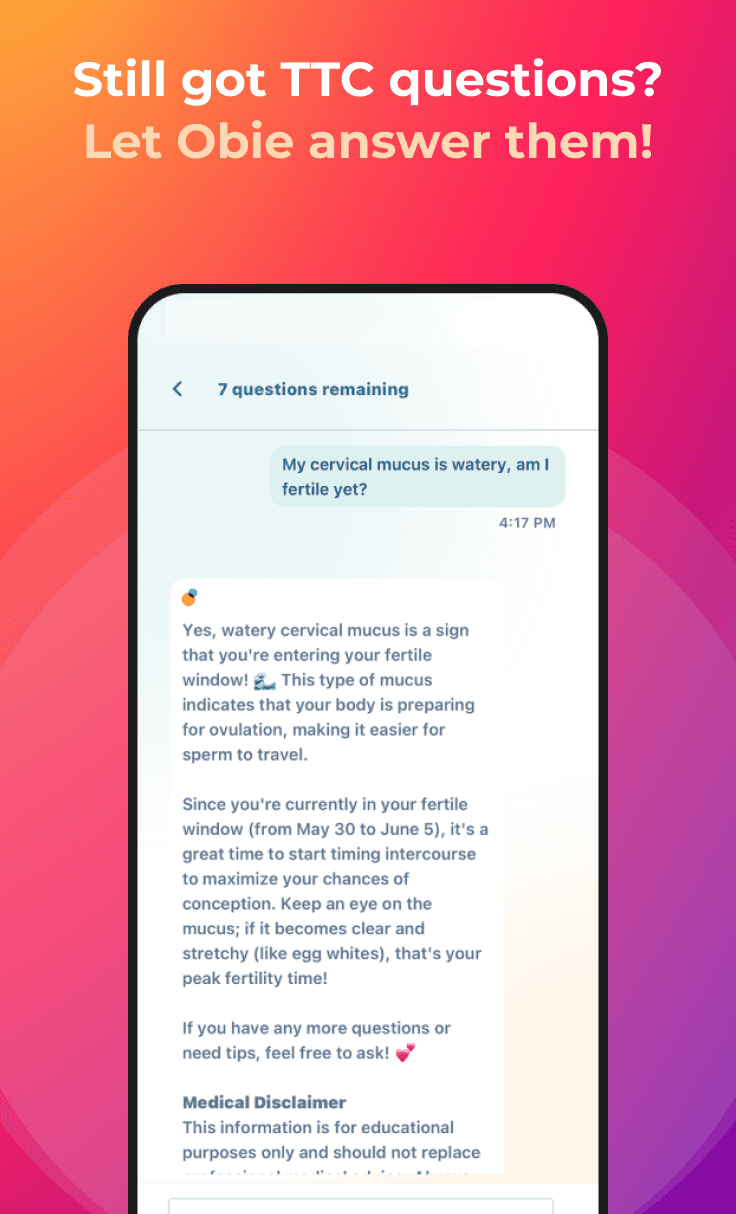Individual Variability in Implantation Experiences: What Every Woman Should Know
Obie Editorial Team

Every woman’s reproductive journey is unique. The process of implantation, while governed by well-established biological mechanisms, can manifest differently from one person to another. Understanding this variability is key to addressing concerns and tailoring support to individual needs.
Many women report a range of experiences during the implantation phase. Some notice subtle signs like mild cramping or spotting, while others might not experience any noticeable symptoms at all. Both scenarios can be completely normal, and variations in symptoms do not necessarily indicate problems with implantation.
Several factors contribute to this individual variability:
- Hormonal fluctuations: The precise levels of estrogen and progesterone can vary, affecting how the endometrium responds.
- Immune system differences: Variations in immune responses can influence how the body adapts to the implantation of a semi-foreign embryo.
- Genetic factors: Some women have genetic predispositions that impact endometrial receptivity.
- Lifestyle factors: Diet, stress, and overall health can shape the way implantation unfolds.
It’s important to acknowledge that implantation is a highly individualized process. Here are some suggestions to help you navigate this variability:
- Keep a symptom journal:
- Record any changes or sensations during your cycle.
- Share these observations with your healthcare provider for personalized insights.
- Communicate openly:
- Discuss any concerns or unusual symptoms with your doctor.
- Remember, what is normal for one person may not be for another.
- Educate yourself:
- Stay informed about the latest research on implantation and fertility.
- Join support groups or forums to share experiences with others.
- Prioritize self-care:
- Practice stress-reducing activities like meditation, yoga, or leisurely walks.
- Maintain a balanced diet and adequate sleep schedule.
Understanding that your experience is unique—and that variability is a normal part of the implantation process—can help alleviate anxiety. Whether you’re undergoing fertility treatments or trying to conceive naturally, personalized care and open communication with your healthcare provider are crucial. Your journey is your own, and embracing your individuality is an important part of fostering a positive and supportive environment for conception.
Source:
Van den Bergh, B. R. H., et al. (2016). The psychological impact of assisted reproduction technologies: a systematic review. Human Reproduction Update.








